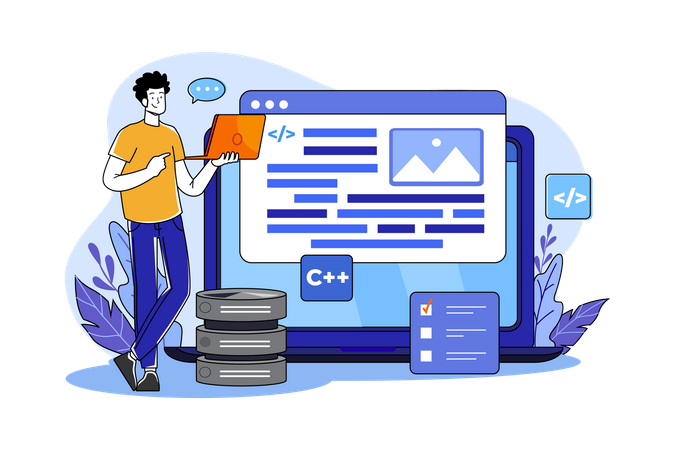AIM Uncovered
Exploring the latest insights and trends in technology and innovation.
Behind the Code: Secrets of Back-End Development
Uncover the hidden gems of back-end development! Dive into expert tips, tricks, and secrets that pro developers don't want you to know.
Understanding API Integrations: The Backbone of Back-End Development
API integrations serve as the backbone of back-end development, facilitating seamless communication between disparate software applications. By allowing different systems to exchange data, APIs enable developers to enhance functionality without reinventing the wheel. For example, an e-commerce platform can integrate payment processing APIs to securely handle transactions, while utilizing social media APIs to enable user login features. This not only streamlines the development process but also enriches user experiences by connecting various services.
Moreover, understanding how to effectively utilize API integrations can significantly improve the performance and scalability of applications. With the right API architecture, developers can create a modular system that is easy to maintain and update. Key advantages of utilizing APIs in back-end development include:
- Faster development time due to pre-built functionalities.
- Improved security through established protocols.
- Increased flexibility, allowing developers to choose the best services for their needs.
As technology continues to evolve, mastering API integrations will be essential for back-end developers looking to create robust and modern applications.

Top 5 Common Back-End Development Mistakes and How to Avoid Them
Back-end development is a critical component of web application performance, yet many developers fall into common pitfalls that can jeopardize the effectiveness of their projects. One prevalent mistake is neglecting scalability. As user demands grow, back-end systems should be designed to handle increased loads seamlessly. Failing to plan for scalability can lead to performance issues and downtime. To avoid this, developers should implement robust architecture patterns and choose the right database solutions that accommodate future growth.
Another frequent error is insufficient error handling. Many back-end applications are built without considering how to manage exceptions effectively. This oversight can lead to unhandled errors that crash the application, causing a poor user experience. To mitigate this, developers should establish comprehensive error logging and implement consistent error management strategies that provide meaningful messages and facilitate debugging. By prioritizing these elements, developers can significantly enhance the reliability of their applications.
How Does Server Architecture Impact Web Performance?
The server architecture plays a pivotal role in determining the speed and reliability of a website. At its core, server architecture refers to the design and layout of the server components, including the hardware, software, and network configurations. A well-designed server architecture can handle higher traffic loads efficiently, reducing latency and enhancing user experience. Factors such as load balancing, caching mechanisms, and data storage solutions directly influence web performance. For instance, implementing a content delivery network (CDN) can significantly decrease load times by distributing server workloads across multiple locations, allowing users to access data from a server closer to them.
Moreover, the choice of server type—be it shared, dedicated, or cloud—affects performance metrics such as uptime, speed, and scalability. Cloud servers, for example, offer remarkable flexibility and can dynamically allocate resources based on demand, ensuring optimal performance during traffic spikes. In contrast, shared hosting may lead to slower load times and decreased reliability as multiple websites compete for the same server resources. Thus, understanding how server architecture impacts web performance is crucial for webmasters and businesses aiming to improve their site's efficiency and user satisfaction.